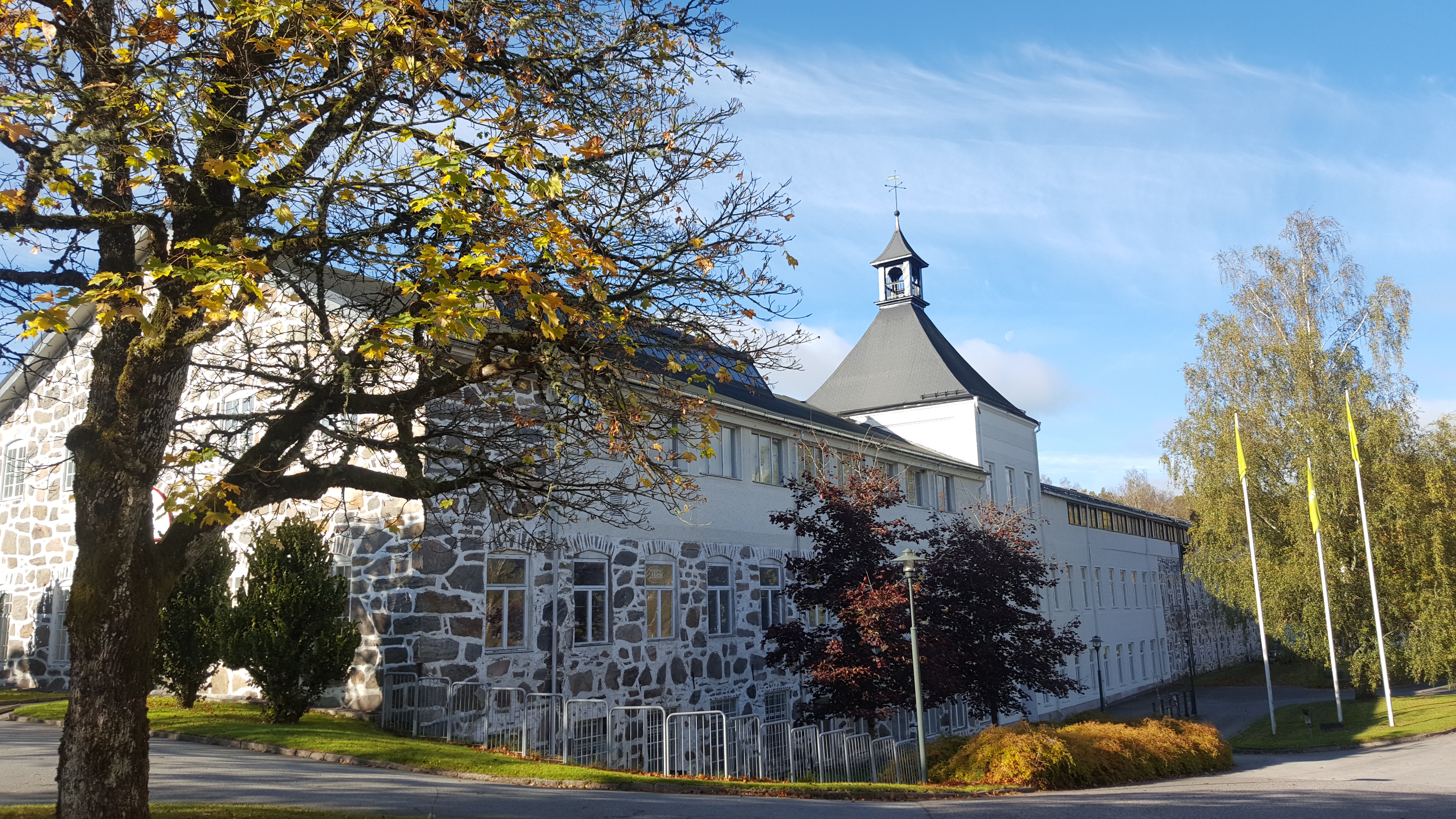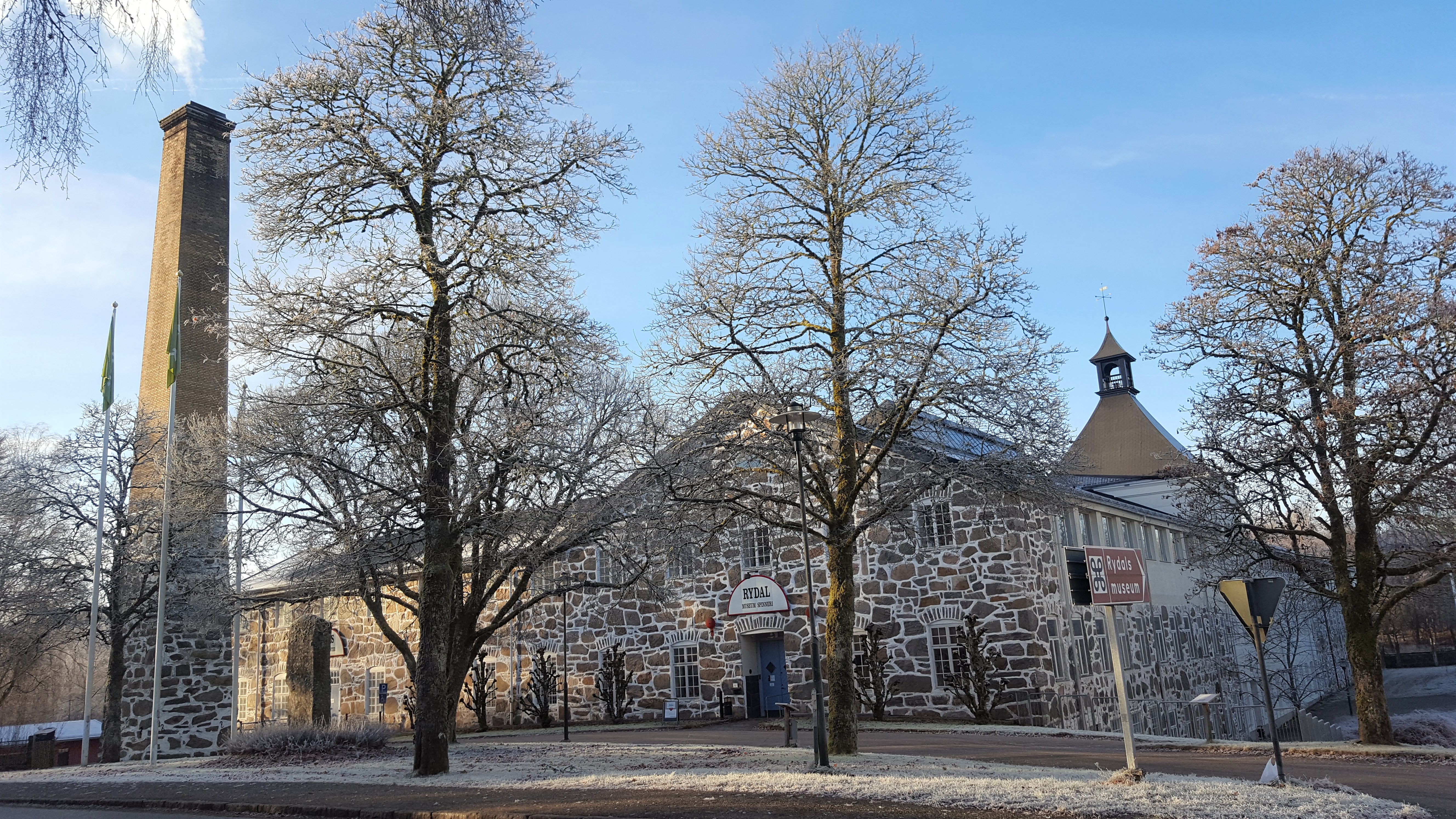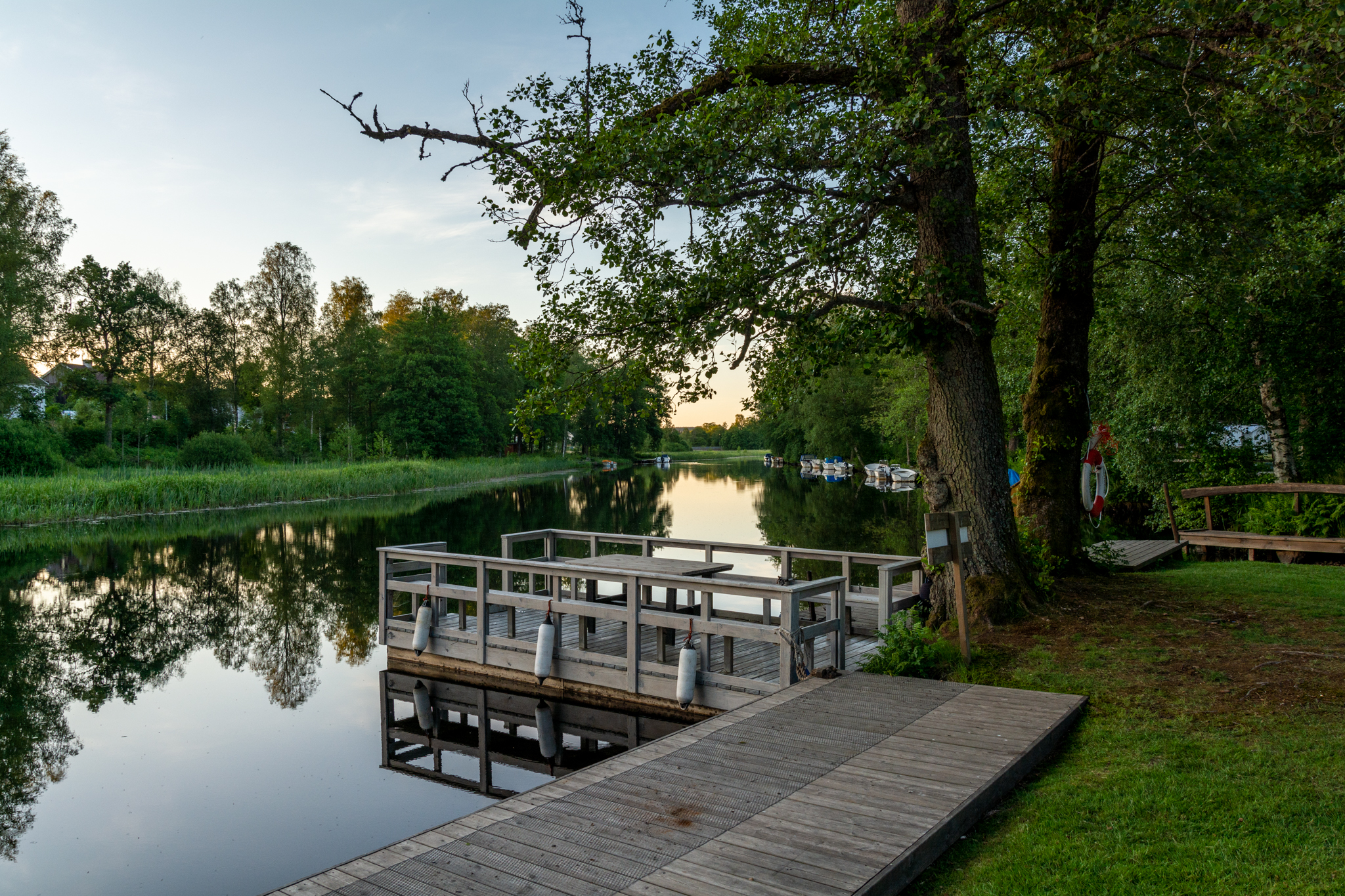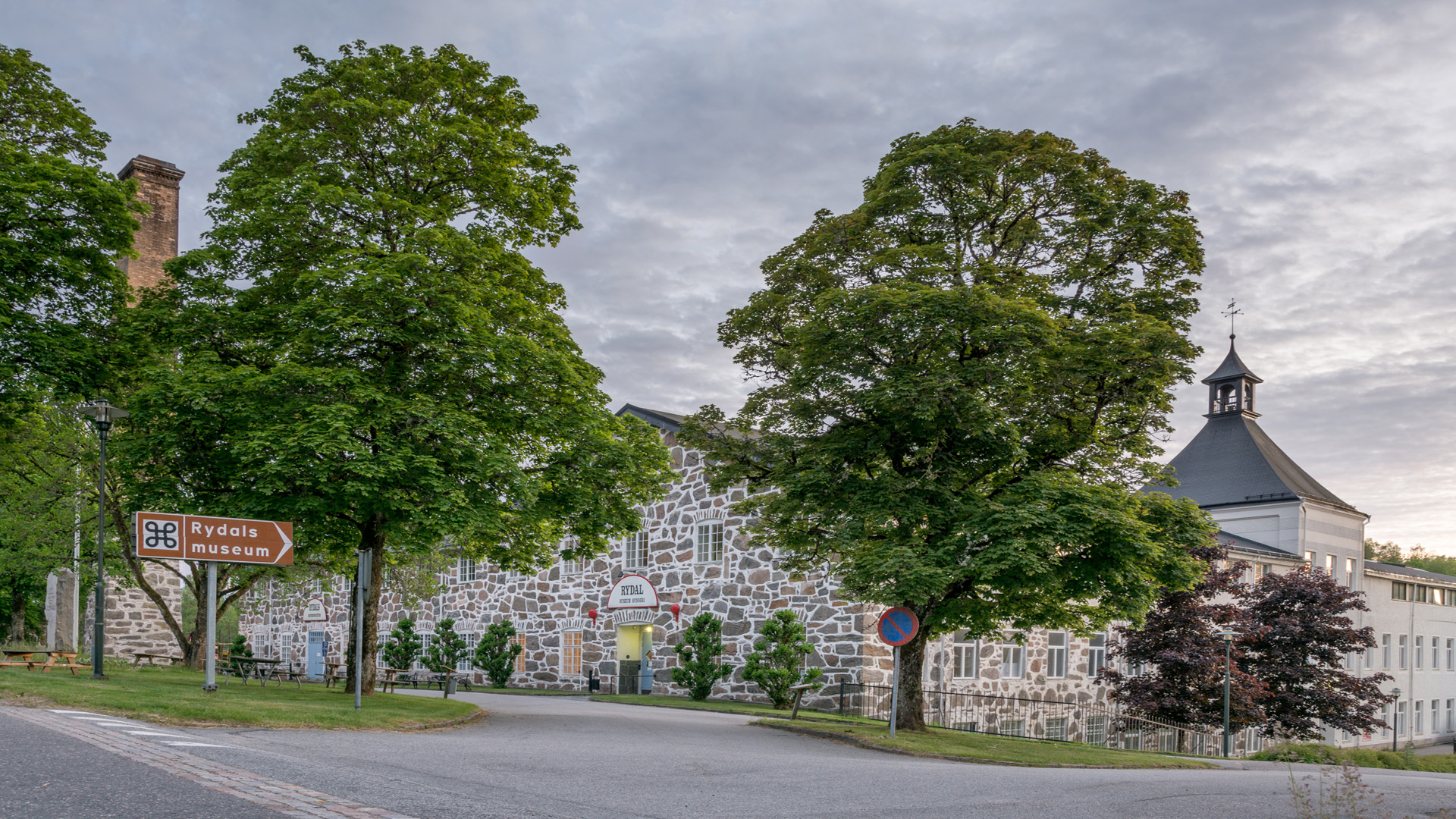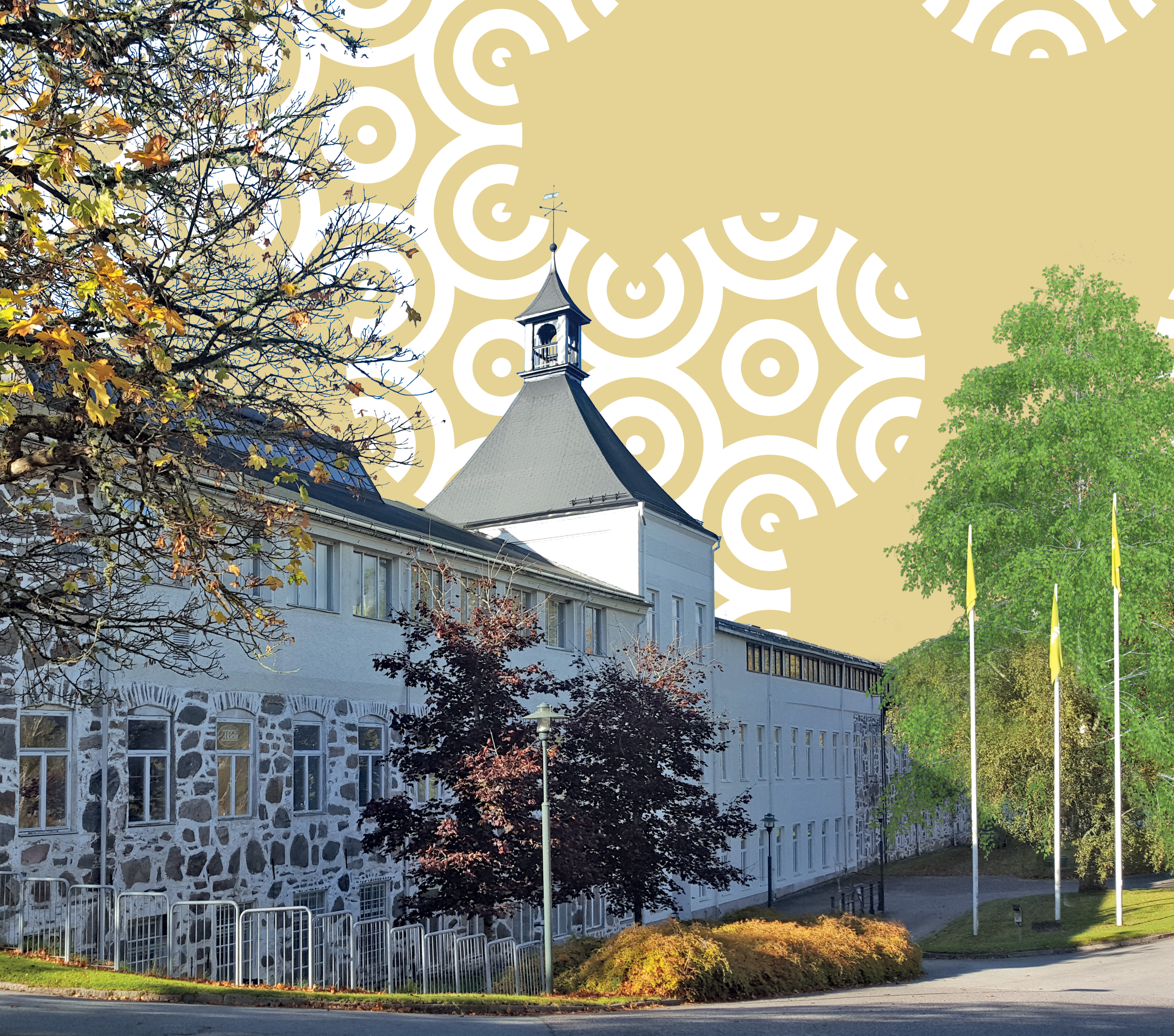
Forsvik And Rydal Industrial Heritage Sites, Västra Götaland, Sweden
The Industrial sites of Forsvik and Rydal, respectively in the municipalities of Karlsborg (7,000 inhabitants) and Mark (34,000 inhabitants), will be the target of Be.CULTOUR experimentation.
Forsvik is an old Mill Town situated in the eastern part of Västra Götaland. It is one of the first industrialised places in Sweden. A saw- and iron mill has been here since the 15th century, and an important mechanic workshop and foundry was started in the 18th century. Forsvik was one of the most strategic places along the Göta Canal that was built in the early 19th century to connect the east and west coast of Sweden. These industries closed in 1977 and the restoration of the area started in 1985. Today, it operates as a museum, attracting a large number of visitors during the summer. There is a hostel, a restaurant and a café in the village.
Rydal Museum is home to the oldest working spinning mill in Sweden. The museum offers demonstrations of the spinning machines and describes the history of the mill. Rydal is situated on the banks of the river Viskan, north of the town called Kinna. Due to the well-preserved remains of an old industrial community, Rydal is of national interest. The factory, along with several other buildings, has been declared historical monuments. The museum tells the story of how the Borås region became the textile epicentre of Sweden.
Action Plan
The 6 Be.CULTOUR Pilot Heritage Sites co-developed their action plans with their local ecosystem.
This co-creative work was based on the human-centred approach applied in
Be.CULTOUR in order to meet the needs of the local communities, valorise the unique cultural
heritage in remote destinations, and develop innovative solutions that would contribute to the
implementation of circular mind set in cultural tourism.
Be.CULTOUR Challenge:
The challenges relate to underexploited industrial heritage, reduced accessibility of remote areas and abandonment and depopulation of rural areas will drive the Action Plans in Forsvik and Rydal. An urbanisation process is currently underway in Västra Götaland, following a long period of de-industrialisation. Many former rural industrial environments, now considered cultural heritage, have been transformed into tourist destinations. They attract visitors during parts of the year but have not fully utilised their potential for a transformation that attracts new residents, companies and organisations. Industrial heritage in itself is not enough to attract tourists and the lack of services -such as public transportation and accommodation, coupled with an overall unappealing perception of the places’ identity- hinders the potential of regional development through cultural tourism. Using the strategic platform for sustainable tourism launched by the local Tourist Board, as well as a cooperation platform developed by heritage sector organisations, Västra Götaland region will seek to strengthen links between heritage and tourism, expand the tourism season and reinvest tourism benefits for the local community.
Pandemic Impacts:
The COVID-19 pandemic has had a major impact on tourism in Västra Götaland. Hotels and hostels saw a 46.8% drop in bookings compared to 2019, while camping sites saw a decrease of 31%. Cities and major destinations were the most heavily affected, while small destinations in the countryside demonstrated competitive advantages and attracted more visitors in 2020. At a time when foreign visitors could not visit Sweden, the Swedes chose to support domestic destinations, with a strong preference to outdoor activities. Overall, visitors’ interest in cultural and natural heritage was strengthened during the pandemic, supporting a long-standing trend that Västra Götaland aims to harness.
Innovation Areas: Industrial Heritage; Nature as Heritage.
Key Stakeholders: Innovatum science centre, Rydal museum/Mark municipality, Näringsliv – Marks kommun, Marks Fastighets AB – Marks kommun, Cultural Development Administration, Karlsborgs Municipality, Forsviks Bruk industrial museum, The Göta Canal company, Visit Karlsborg AB, Skaraborg Municipal Association



